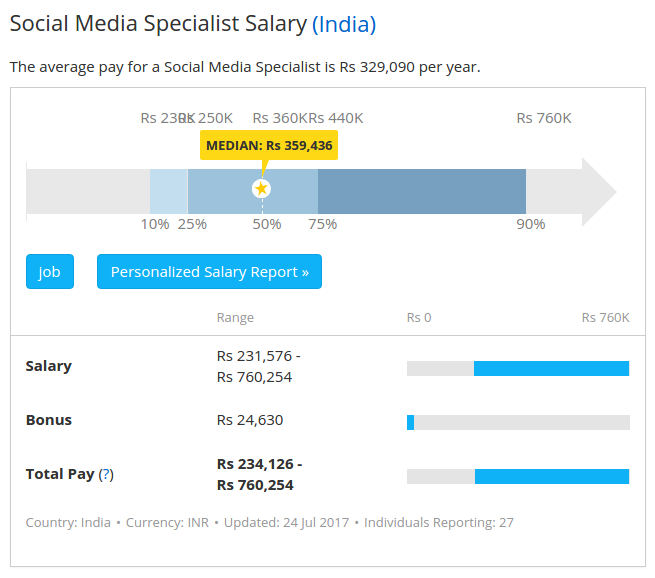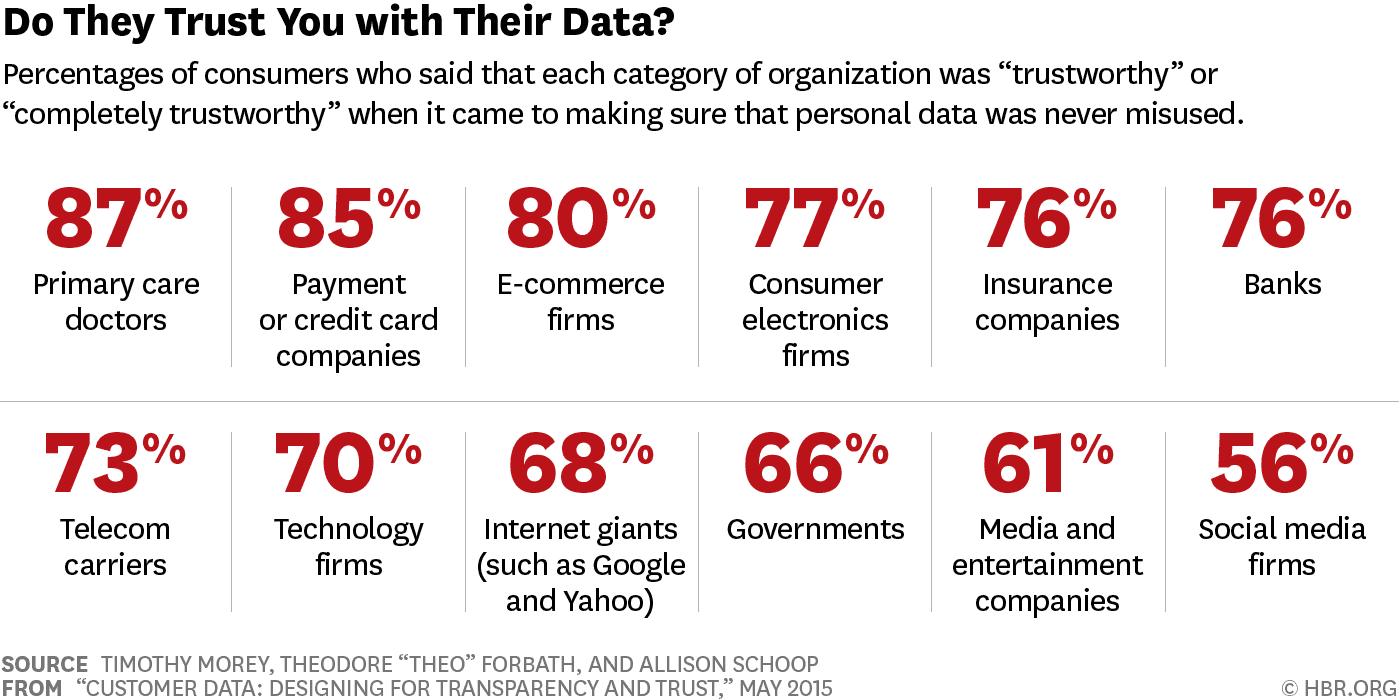
A career as a software engineer requires an understanding of software development processes, modeling and structuring problems, and translating end user requirements into technical requirements. A software engineer must also be capable in building and testing software. Software engineers are often team-oriented and project-based. Their job is to support the entire life cycle of software, from initial conception to final deployment. This article will provide the necessary skills to excel in this field.
Job description
You can create a great job description for software engineers to help you stand out from the rest. Whether you're looking for a full-time job or a contract position, there are many ways to write a software engineer job description. First, consider what your organization wants to accomplish by hiring a software engineer. You might be trying to transform the finance industry using machine learning or need technical solutions to scale up growth. Whatever reason you have, your job title should reflect the purpose of your role.

Salary
Many factors influence the salary for software engineers. The type of work and the location of your employer are both important. This position's salary data is averaged over a period of two months. The federal and state tax tables for 2018 are used to calculate the taxes. Some metros may have additional taxes that are not considered. The information provided in this article should be used for informational purposes only.
Career paths
Software engineers can choose from many career tracks. Software engineers can choose to be freelance or contract workers. Each one offers different opportunities of growth and development. Both types of software engineers are classified by the US Bureau of Labor Statistics as engineers. These are the common paths for software developers. These careers often begin as entry level engineers. As they gain more experience and improve their skills, they can progress to more senior positions. For example, software developers may become a senior software engineer, a project manager, or a chief technology officer.
Education Required
The education required for a software engineer position is relatively straightforward. Software engineers maintain and develop programs for various apps. Strong analytical skills are required for many of these programs, which are often based on relational databases. Some programs utilize non-relational databases, such as Mongo DB/BigTable which are popular among web developer. A high-quality degree program will stress logical decision making and written and oral communication as well as customer service and professional ethics. If you have already studied computer science, you can start studying for a software engineer career.

Environment for work
Software engineers work long hours behind the computer. Software engineers must communicate frequently with their colleagues and explain complex programs to others who don't know much about programming. Computer use can cause eye strain, backache, and carpal tunnel. The workplace must encourage creativity. Employers are sometimes willing to offer perks in order to attract developers. These are some of our favorite features for software engineers' working environments.
FAQ
What are some of the advantages to being a Consultant?
Consultants are able to pick when and where they want to work.
This allows you to work wherever and whenever you want.
You can also easily change your mind, without worrying about losing any money.
Finally, you are able to manage your income and make your own schedule.
What is a consultant and what are their responsibilities?
A consultant is someone who provides services for other people. This is more than a job title. You help others achieve their goals. By helping people understand their options and helping to make the right decisions, you do this.
Consultants can help you solve problems or overcome challenges when working on projects. They provide advice and guidance about how to implement those solutions.
Any questions you have about business, technology and finance, leadership or strategy, human resource management, customer service, customer service, or any other topic, a consultant can answer them.
How do I set up an LLC to consult?
It is important to first decide what you want as a service provider. You must then ensure you are qualified to offer those services. It is also possible to locate someone who has done the same job as you and find out how they do it.
Once you have a clear idea of what you are offering, you can start to identify your target market. You may have to create more if there aren’t enough.
You then have to decide whether or not you want to open your own company, or hire other people to do it.
You could also consider starting your own consulting company by getting a license from the state, but this requires quite a bit of paperwork and legal fees.
Statistics
- According to statistics from the ONS, the UK has around 300,000 consultants, of which around 63,000 professionals work as management consultants. (consultancy.uk)
- Over 50% of consultants get their first consulting client through a referral from their network. (consultingsuccess.com)
- 67% of consultants start their consulting businesses after quitting their jobs, while 33% start while they're still at their jobs. (consultingsuccess.com)
- WHY choose me: Why your ideal client should choose you (ex: 10 years of experience and 6-week program has helped over 20 clients boost their sales by an average of 33% in 6 months). (consultingsuccess.com)
- Over 62% of consultants were dissatisfied with their former jobs before starting their consulting business. (consultingsuccess.com)
External Links
How To
What's a typical day like for a Consultant?
Your work type will determine the length of your day. You will be spending time researching, planning new ideas, meeting with clients, and creating reports.
Clients will often meet with you to discuss their problems. These meetings can take place over the phone, via email, online, or face to face.
Sometimes, you may be asked to create proposals. These are documents that outline your ideas and plans for clients. These proposals should be discussed with a mentor or colleague before being presented to clients.
You will need to create content after all your planning and preparation. This could include writing articles, designing websites or editing photos.
Depending on the scope of the project, you may need to do some research in order to gather relevant statistics or figures. For example, you may need to find out how many customers you have and whether they are buying more than one product or service.
Once you have collected enough information, it's now time to present the findings to your clients. Your findings may be delivered orally, or written.
After your initial consultation with clients, you need to keep in touch. You could phone them occasionally to check on things or send an email asking them to confirm that you have received their proposal.
While this can be a slow process, it's essential to remain focused and maintain good working relationships with clients.